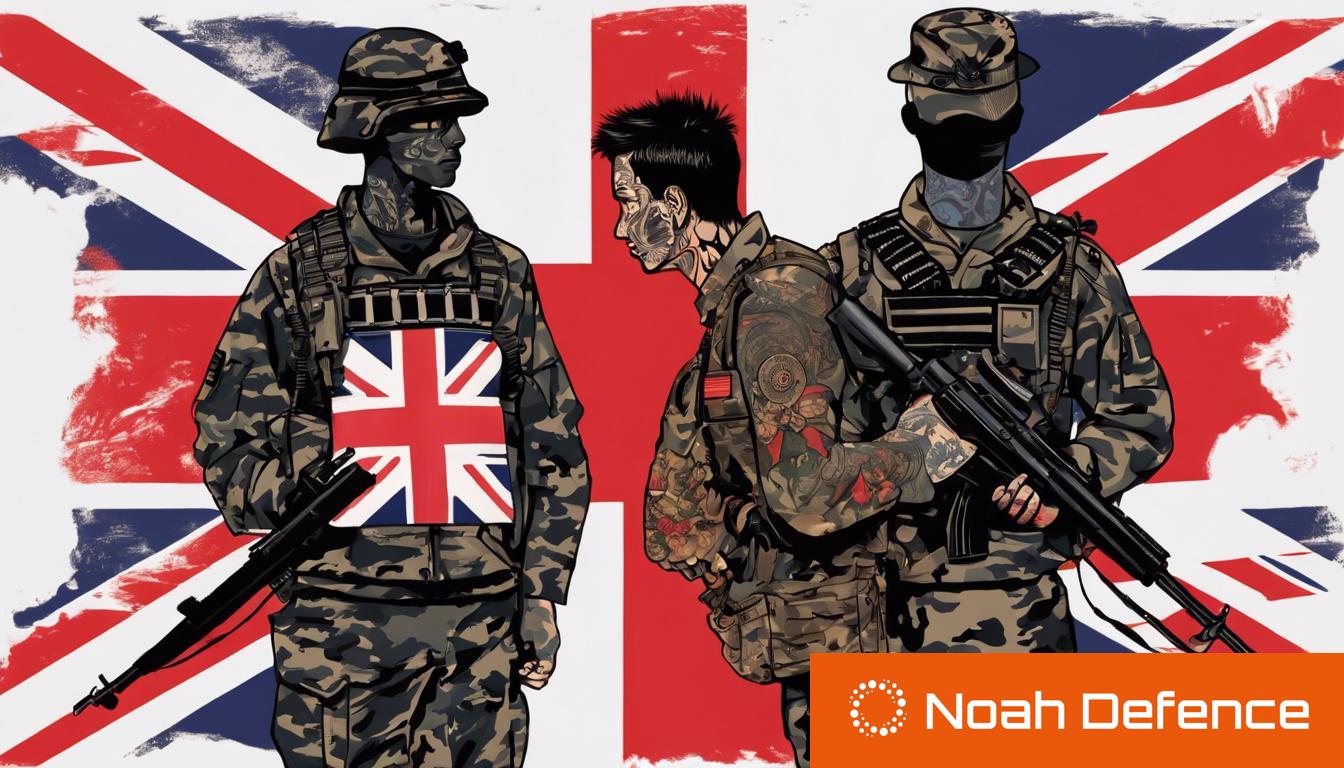In an effort to address recruitment shortfalls, the British Army and Japan’s Self-Defence Forces have initiated changes to their grooming and appearance regulations, including modifying tattoo and hairstyle policies.
In recent developments aimed at addressing recruitment challenges in their respective armed forces, both the UK and Japan have initiated changes to their grooming and appearance regulations.
In the United Kingdom, over 1,200 potential recruits have been rejected by the British Army due to its strict tattoo and body piercing policies. This figure represents a significant number of individuals, enough to form almost two entire regiments, who were turned away for having tattoos considered “unacceptable” or body piercings. The British Army’s recruitment standards, which prohibit tattoos on the face, neck, and those depicting violence or illegal substances, have come under scrutiny for contributing to a shortfall of 12,800 recruits. Calls for a relaxation of these policies have been made by figures such as Richard Holroyd from Capita, a recruitment firm associated with the army, in light of these statistics. Despite some relaxations, further amendments to the rules are being advocated to help alleviate the recruitment crisis while maintaining the army’s operational efficacy.
Conversely, in Japan, the Defence Ministry has announced a modification in the grooming standards for new recruits to the Self-Defence Forces (SDF), effective from April. Historically, male recruits were required to have buzz cuts, and females were expected to maintain short hairstyles. The updated regulations will now permit troops to sport longer hairstyles, aiming to make military service more appealing to the youth and alleviate the personnel shortage faced by the SDF. This reform comes amid concerns over the military advancements of neighboring nations such as China and North Korea. The Japanese government has been seeking innovative solutions to attract more recruits to bolster the SDF, which has been operating at 10% below its recruitment capacity. Furthermore, the Japanese Defence Ministry is contemplating lifting the ban on tattoos, which has been another barrier to recruitment due to the cultural association between tattoos and organized crime.
These adjustments by the UK and Japan highlight the evolving approach of military organizations towards grooming and personal appearance standards, as they strive to bridge the gap between traditional military ethos and contemporary societal norms to effectively recruit and retain service members.













